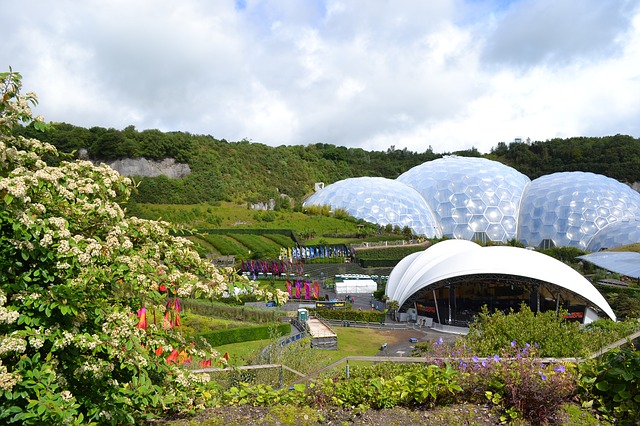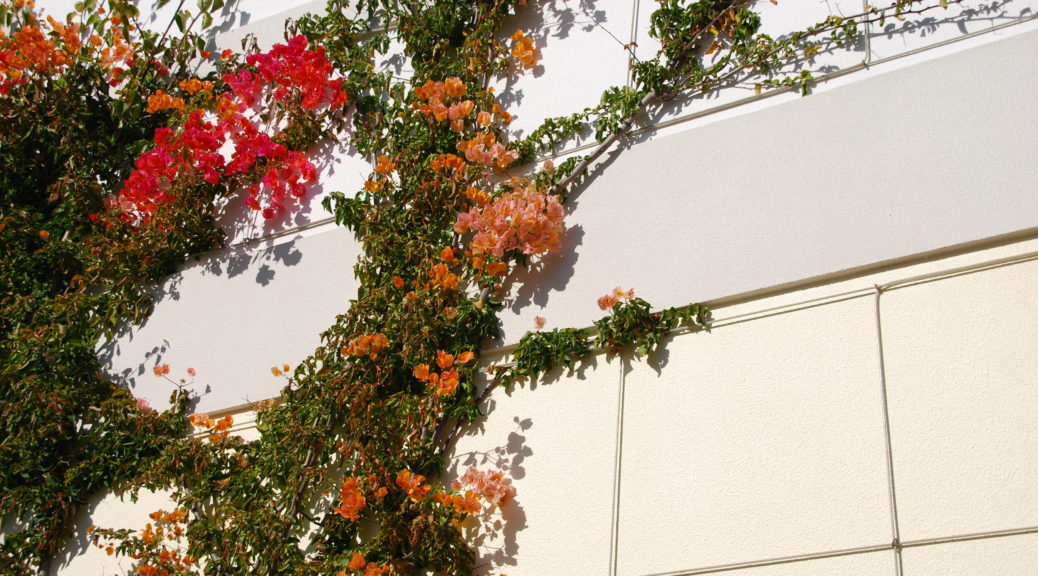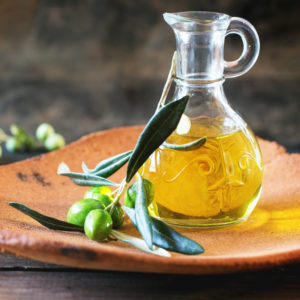Have you ever visited the Eden Project in Cornwall? Walking around the rainforest biome is a source of endless inspiration for gardeners but did you know that many of the plants you see won’t do well in an average conservatory, particularly an older one.
The good news is that conservatory roof conversions can transform your growing environment into a far more successful growing climate for certain plants.
Which plants would benefit from a conservatory conversion?
1) Rubber. One of the most common plants that you might want to grow is the rubber plant. However, rubber plants are not fans of direct sunlight which is a problem if you have a traditional glass or polycarbonate roof. Modern conservatory roof replacements can switch your transparent roof for a tile-effect alternative. This includes insulation and does not require the extra foundational work required for a full conversion into a sunroom.
Without the constant glare of the sun, you should find that rubber plants are far happier and grow into more attractive specimens.
2) Banana. Providing you opt for the best species and bring them inside when the temperature drops below 14 degrees C, it is possible to grow bananas in the south west UK. But bananas don’t like extremes of temperature so if your conservatory shoots from boiling to freezing in an instant – as most old conservatories do – then your banana plants won’t thrive. Converting your conservatory will smooth out those extremes and you may well be surprised at the difference in your banana plants.
3) Bamboo. If you find that you are constantly watering your bamboo plants or see evidence of scorching at the edges of the leaves, it is a clear sign that your conservatory is too hot or that your plant is exposed to too much direct sunlight. As in the above examples, a conversion will sort out both of those issues in one go.
More and more people are realising that converting their conservatory roofs enables them – and their plants – to enjoy a more comfortable experience all year round.


